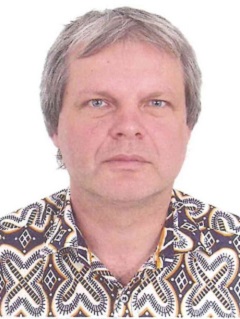Excellence in Agronomy 2030: A new CGIAR-wide initiative to deliver agronomy solutions at scale
Required increases in crop production and productivity in sub-Saharan Africa (SSA) will not happen without the increased use of appropriate agronomic practices. While several thousand new varieties of nearly all key crops have been produced in the past decade, recent increases in yields in specific countries have only happened when such varieties received the right agro-inputs and management. That said, agronomy is often highlighted as an area that has not delivered impact at scale in SSA, or at least less so when compared with the uptake of new varieties. Several reasons have caused this, including the site-specificity of agronomy interventions, the complex nature of many of these, lack of access to key agro-inputs, risk aversion of smallholder farmers, amongst many others.
Above constrains are being addressed with many key developments over the past decade that will allow agronomy to deliver impact at scale. These include: (i) substantial progress with data availability, remote sensing information, and analytical tools that allow the implementation of agronomy R&D at scale; (ii) the large number of companies delivering advisory services to smallholder farmers, including agronomy-related information; (iii) an increased understanding from governments and partners that intensification requires the co-deployment of varieties and agronomic practices; and (iv) the relatively large investments in agronomy R&D, though most often through specific, short-term projects with limited cross-learning and interactions between scientists.
The Excellence in Agronomy 2030 (EiA 2030) initiative, developed by the CGIAR, is built on above opportunities, aiming at delivering ‘agronomic gain’ for millions of smallholder farmers in the Global South. The presentation will (i) highlight recent developments in agronomy in line with above opportunities; (ii) present key components of EiA 2030; and (iii) detail how the CGIAR agronomy R&D community aims at delivering its goals, in partnership with key stakeholders operating in the agronomy space.
Speaker

Bernard Vanlauwe
Bernard Vanlauwe joined IITA in Kenya in March 2012 to lead the Central Africa hub and the Natural Resource Management research area. Prior to this appointment, he was the leader of the Integrated Soil Fertility Management (ISFM) program of the Tropical Soil Biology and Fertility research area of CIAT (TSBF-CIAT). In September 2010, the obtained a Visiting Professor position at the Swedish Agricultural University in Uppsala in the Soils and Environment Department. Before, he worked at IITA in Nigeria (1991 – 2000) and the Catholic University of Leuven, Belgium (1989-1991), focusing on unraveling the mechanisms underlying nutrient and soil organic matter dynamics in tropical agro-ecosystems. In that context, he obtained his PhD in 1996 in Applied Biological Sciences. He has published over 200 papers in scientific journals and over 180 in other forms and has (co-) supervised over 40 PhD and over 60 MSc students. He is currently facilitating the development of an Excellence in Agronomy 2030 initiative as part of the Once CGIAR reform process.